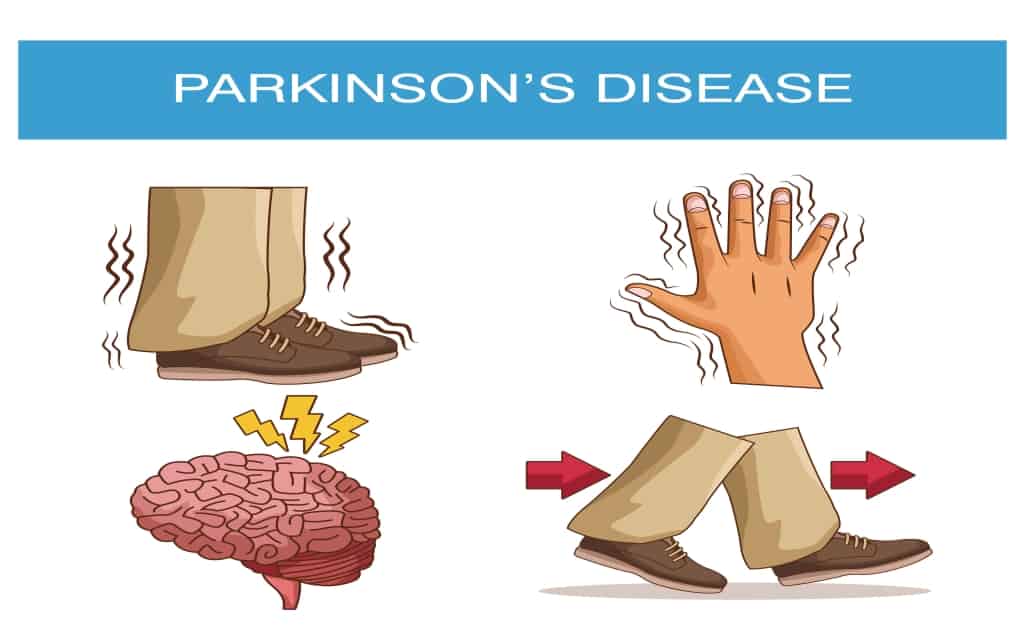We do not claim that the presence of one or even several symptoms from this list indicates that you have Parkinson, but this is a reason to think and maybe visit a doctor proposed by HomeCareBuffalo.com.
- Loss of smell. It is often the first bell about Parkinson’s syndrome. Loss of smell can be caused by a cold, but in this case it should return when you recover. Loss of taste. This happens because of the permanent and irreversible decrease in the level of dopamine produced by the brain, which is also responsible for coordination and pleasure.
- Tremor. The trembling may be one of the earliest signs of Parkinson’s. Parkinson’s syndrome is most characterized by “resting tremor”, which disappears during movement.
- Changing the handwriting. If you notice that the letters have become smaller or the words are more tight and jump back and forth, it is better to be safe and consult a doctor. This phenomenon has a term – micrography, and it indicates violations in the central nervous system.
- Restless sleep. Sudden movements during sound sleep may be one of the signs of Parkinson, but it should be considered in conjunction with others.
- Quiet voice. If people notice that your voice has become low and hoarse, think about it. For patients with Parkinson’s, the “power of the voice” fades away much faster than with ordinary age-related changes.
- Muscle stiffness. People usually describe this “stiffness” in the muscles like this: “I’m getting stuck in the floor.” Also, pain in the shoulder or hip may indicate the disorders of the central nervous system.
- Slow Motion. In a scientific language, this symptom is called “bradykinesia” and is usually accompanied by muscle stiffness. It can manifest itself in both slowing gait and loss of speed of reading or speech.
- Constipation. Include more fluid and fiber in the diet or to check the instructions to your medicines for side effects. If the ration and drugs are all right, then run to the clinic.
- “Mask of Parkinson”. A person seems upset or apathetic, even if he or she is in a good mood, a person blinks less often. Many patients do not notice this symptom until it is indicated by others.
- Constant pain in the cervical region. Usually this symptom of Parkinson’s occurs in women. This pain does not go away after a day or two, as usual: it does not stop even in a sleep. In some cases, the symptom manifests itself as a tingling or numbness of the cervical region.
- Excessive sweating. Parkinson affects the autonomic nervous system, so the body loses control over basic functions like sweating. In scientific language, this is called “hyperhidrosis”.



